 Child Behavior & Dysregulation Online Course(s) & Continuing Education
Child Behavior & Dysregulation Online Course(s) & Continuing Education
Access the latest clinical skills and research for Child Behavior & Dysregulation for INFANT & CHILD HEALTH & DEVELOPMENT professional training. These Child Behavior & Dysregulation online courses provide practice-changing skills and valuable perspectives from leading global experts. This Child Behavior & Dysregulation education has been accredited for a variety of CEUs / CERPs and can be accessed on-demand, at your own pace.
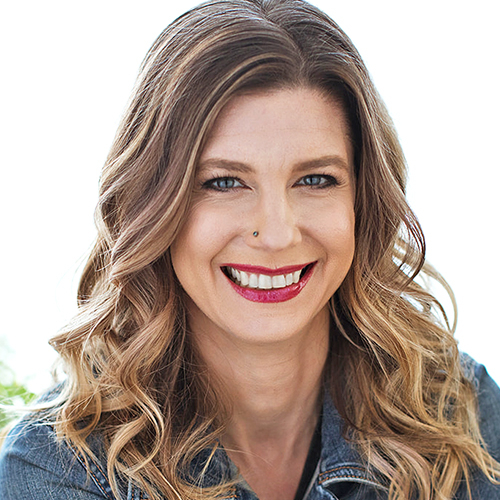
A Neuroscience-Based Paradigm Shift for Parenting Kids with Dysregulated Behaviors

Robyn Gobbel, LMSW-Clinical, has over 15 years of practice in family and child therapy experience, specializing in complex trauma, attachment, and adoption. Robyn is a therapist, trainer, and consultant who recently relocated to Grand Rapids, MI from Austin, TX.
Robyn's diverse clinical training includes EMDR (including EMDR adapted for children with attachment trauma), Somatic Experiencing, Theraplay, Trust Based Relational Intervention®, Circle of Security Parent Educator, The Alert Program® and Yogapeutics Aerial Yoga Level 1 Teacher Training. Robyn has integrated these training modalities with a foundation of attachment theory and the relational neurosciences to create an attachment-rich, sensory-sensitive, and relational neurosciences supported healing environment for children and families.
Robyn consults, teaches, and trains extensively throughout the US, including previously as an instructor for the Foundations of Interpersonal Neurobiology Certificate Program at Portland Community College. She was an instructor with the Adoptive & Foster Family Therapy Post-Graduate Certificate Program and has served on the working board of the Global Association for Interpersonal Neurobiology Studies (GAINS).
Research emerging from Relational Neuroscience, including polyvagal theory, regulation theory, and the neurosequential model of development, has shifted our understanding of the origins of behavior. When parents, caregivers, and child development professionals are armed with the latest science about what behavior really is, they increase their capacity for connecting with dysregulated behavior in a way that promotes positive growth and development of the relational, social, and behavioral brain of the child. This workshop will briefly summarize the latest research from the relational neuroscience and then move into practical interventions that will help caregivers soothe difficult behaviors while promoting attachment, regulation, and stress resilience.
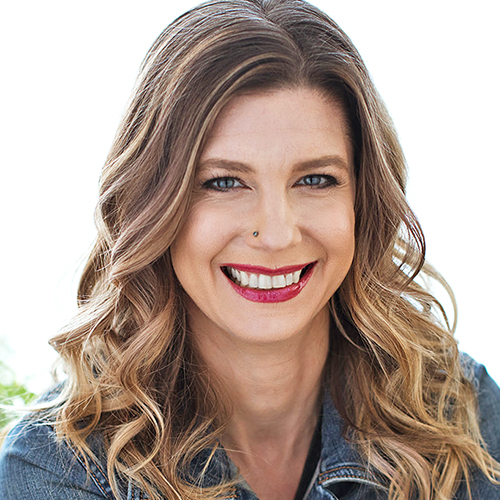
View Details / Enroll

Interoception: Beyond the Homunculus....The Real Sixth Sense and Its Primary Function as Sensory Input to the Autonomic Nervous System

Michelle has been a pediatric neurodevelopmental Occupational therapist specializing in precrawling infants for over 26 years. She has specialty certifications and training in lactation, manual therapy, and pre and peri natal psychology. Michelle has specialized in optimal cranial nerve function and oral restrictions, with an emphasis on infant movement, innate biological imperatives and human potential, providing novel curriculums, support and resources for both professionals and parents. She enjoys collaborating and working in teams for babies and families going through the tethered oral tissues release process.
Topic: Breastfeeding and Cranial Nerve Dysfunction – the what, who and why of Cranial Nerve Dysfunction in the newborn to precrawling baby - [View Abstract]
Topic: Compensatory vs Novel Movements: 3 Keys for Babies With Tongue, Lip and Buccal Restrictions - [View Abstract]
Topic: Interoception: Beyond the Homunculus....The Real Sixth Sense and Its Primary Function as Sensory Input to the Autonomic Nervous System - [View Abstract]
Topic: The Vagus Nerve: Branchial Motor / Special Visceral Efferents: The Pharynx, Larynx, Soft Palate and one tiny tongue muscle - [View Abstract]
Topic: TummyTime!™ : A Therapeutic Strategy for Parents and Babies - [View Abstract]
Interoception is a term used to describe our nervous system's awareness of the sensations from the gastrointestinal and visceral system, as well as the primary sensory part/input to baby's Autonomic Nervous System. ANS function and regulation underlay all automatic processes of the body, from heart beat to breastfeeding and digestion function, as well as maintaining a calm state in order to engage in social interaction or to transition easily in and out of sleep. More simply put, interoception is "feelings from the body". In addition to visceral information, interoceptive pathways carry information related to affective touch, itch, temperature and pain and are delivered to a separate area of the brain, the insular cortex, which also contains a map of the body, similar to the well known homunculus. Interception plays a large role in dynamic equilibrium and autonomic regulation of tissues of the body. Interoceptive information and the processing is the basis of all important activity to optimize energy utilization. This system is often compromised in babies who present with complex oral dysfunction, tethered oral tissues, postural asymmetries, fussiness, gas, reflux or other dysregulation in function. How babies feel is mirrored in how they function, compromised function equals compromised interoceptive processing. This talk covers the basics of this system and practical clinical applications for precrawling babies to optimize neurodevelopment and breastfeeding abilities.

View Details / Enroll
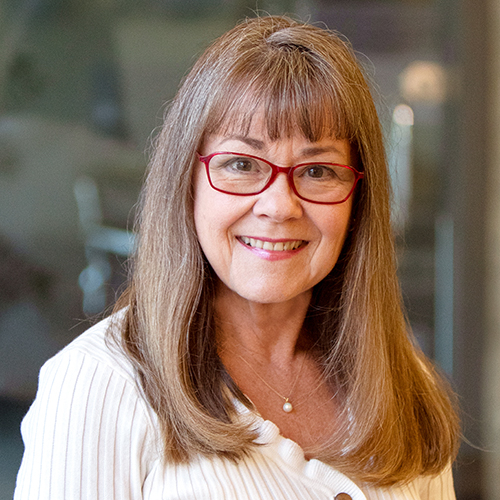
Laying the Foundation for Self-Discipline With Infants and the Very Young

Ruth Anne Hammond is the author of Respecting Babies: A Guide to Educaring for Parents and Professionals (Zero to Three, 2019), and is a consultant for infant/toddler care and education. Having been mentored by Magda Gerber, founder of Resources for Infant Educarers, she teaches and mentors parents and professionals in the US and abroad. She served on RIE’s board of directors for many years and was President from 2006 through 2011. She was on the faculty of Pacific Oaks College & Children’s School as both a member of the Senior Adjunct Faculty and a Master Teacher in the Infant/Toddler-Parent Program for 17 years. She is currently on the board of directors of Families Forward Learning Center in Pasadena, CA and serves as chair of the Programs Advisory Committee. Ms. Hammond earned a Bachelor of Fine Arts in Dance from Southern Methodist University and a Master of Arts in Human Development, specializing in Infant/Toddler Studies and Leadership in Education, from Pacific Oaks College. She is a longtime member of psychologist Allan Schore’s interpersonal neurobiology study group.
How a child is cared for in the earliest months and years of life, pre-birth to three or so, can foster the implicit development of what will be seen as self-discipline in the preschool years and later. In this workshop, participants will have the opportunity to connect the dots between respectful, attuned caregiving, self-initiated activity, authentic communication and the development of self-regulation, the necessary precursor to healthy self-discipline.
We will explore the basics of Dr. Allan Schore’s Regulation Theory, which integrates Bowlby’s classical Attachment Theory and modern interpersonal neurobiology, as well as practical ways to put it into practice in the home or anywhere infants and young children are being cared for. The Educaring Approach, which will be referred to, offers replicable strategies and tools for building the secure relationships that form the basis for children to develop into to peaceful, cooperative and confident people who exhibit the benefits of self-discipline.
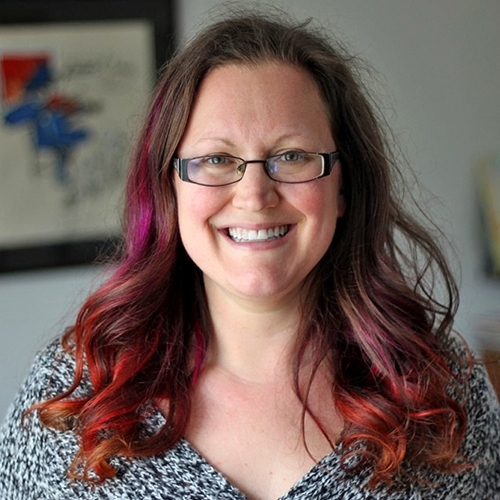

Tracy Cassels, PhD is the founder of Evolutionary Parenting, a website focused on disseminating the research on parenting. In addition to her writing, she provides courses and individual help to families around the world on myriad parenting issues. She has previously worked in non-profit and policy positions in the areas of child development and education and is currently an advisor to the Children’s Health and Human Rights Partnership in Canada. She has a B.A. in Cognitive Science from the University of California, Berkeley, an M.A. in Clinical Psychology from the University of British Columbia, and a Ph.D. in Developmental Psychology, also from the University of British Columbia. She has appeared in numerous mainstream media sources such as the CBC, Psychology Today, The Globe and Mail, Belly Belly, and more. She lives in Prince Edward County, Ontario, Canada with her husband and two children.
Sensitive or orchid individuals make up about 20% of the population, children included. These individuals face what we call ‘differential susceptibility’ based on their environments, child-rearing included. In environments that are not well-suited to their sensitive nature, they face higher rates of disease, mental health disorders, and other negative outcomes. In contrast, when in environments that are supportive and well-suited to their nature, they thrive and can have outcomes that surpass those of their less sensitive counterparts. The problem for most parents is that the advice and techniques common in our culture are at odds with what these children need, putting parents in a difficult spot of either not knowing how to parent such a child (but knowing the advice seems wrong) or giving in and finding themselves in ongoing struggles with their child. This talk will review the research on sensitive/orchid children and how we can use this information to help families identify parenting methods and techniques in the areas of general parenting, sleep, child care/schooling, and discipline that will provide the type of foundation these children need to thrive.
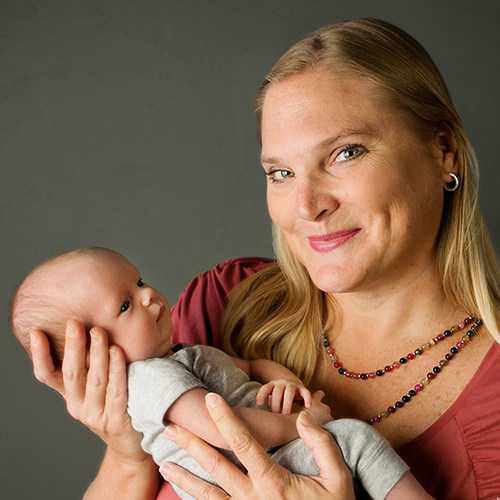
The Crying Curve and the Impact on Postpartum and Breastfeeding

A love for babies fueled Kimberly's 20+ year career serving families in the postpartum time frame. With a passion for nurturing new parents, she trains doulas and educators with CAPPA to support and educate for a strong beginning of bonding and connection. She loves teaching expectant families to have a smooth transition to new baby life through the Providence Healthcare System in Portland, OR. She began as a postpartum doula, then quickly added breastfeeding and new parent classes to help parents from the very beginning, and then became an IBCLC to meet their bigger challenges. She owns ABC Doula & Newborn Care in Portland, OR, is the mother of 2 grown kids, and resides in Phoenix near her parents. Like many other baby whisperers, Kimberly has honed skills for listening and responding to babies that parents can quickly learn to understand and interpret their tiny humans. When she sees parents struggling, and especially with the most fussy of babies, her heart hopes that all parents could be given the tools to compassionately support their little ones, and learn how to meet their needs, which creates more confidence in themselves in their new roles as well.
Topic: Understanding Infant Crying - [View Abstract]
The Crying Curve is an evidence-based pattern of crying that begins at about 42 weeks of gestation (2 weeks of extrauterine life), peaks at 6-8 weeks of age, and sharply declines by 12-15 weeks. As many as 15 different studies have concluded that this pattern is common across infants of all cultures, gestational ages (based on a 40-week gestation), and parenting styles—and the applications are many in the early parenting world. How can parents use this pattern to help them navigate breastfeeding? How can they gather their support people, family or village to maximize positive relationships and get the support they crave? How can they utilize it to help assess their newborn and understand what is needed for their specific situation? How much crying is too much crying? Lactation consultants, postpartum doulas, and other postpartum professionals who possess this information are well positioned to help to educate parents on how to best approach their postpartum recovery period, as well as navigate the ups and downs of breastfeeding and early newborn sleep. This session will aim to explain and apply the Crying Curve in multiple ways to support and guide the newborn family.
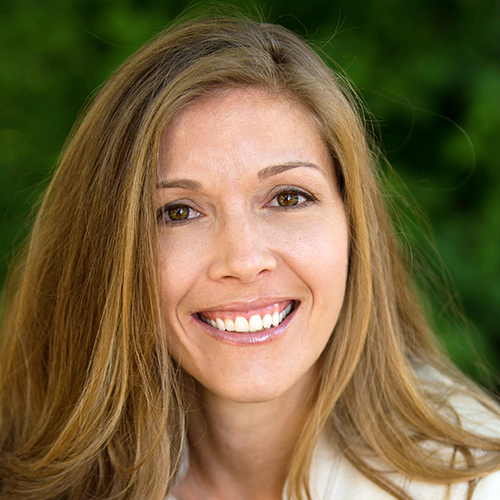
The Neuroscience of Connection: Understanding Regulation for Ourselves and Others

Lisa Dion, LPC, RPT-S, is an international teacher, creator of Synergetic Play Therapy, founder and President of the Synergetic Play Therapy Institute, and host of the Lessons from the Playroom podcast. She is the author of Aggression in Play Therapy: A Neurobiological Approach for Integrating Intensity and is the 2015 recipient of the Association for Play Therapy’s Professional Education and Training Award of Excellence.
Research in neuroscience and interpersonal neurobiology sheds light on the need for parents/caregivers to act as their child's external regulator during states of dysregulation as the child learns how to self-regulate. When activated, children need to borrow the parent's regulatory capacity as their own regulatory system is developing. Without an understanding of what regulation is and what it isn't and the importance of parents knowing how to regulate their own arousal states, parents may inadvertently be increasing the child's dysregulation instead of helping to modulate it for integration. Over time, this can significantly impact the parent's ability to stay attuned and present to the child, as well as themselves. It can also lead to a child's regulatory system not being patterned to its optimal potential. In this discussion, Lisa Dion will discuss what regulation is and is not helping participants understand what it really takes to create a deep connection.











